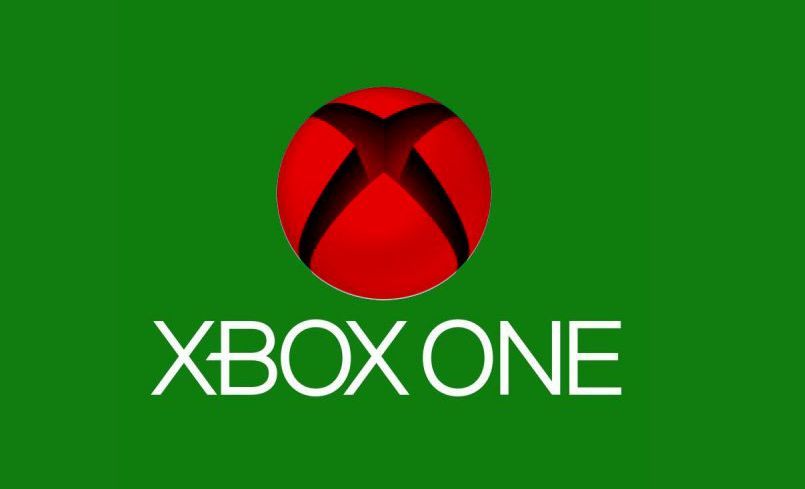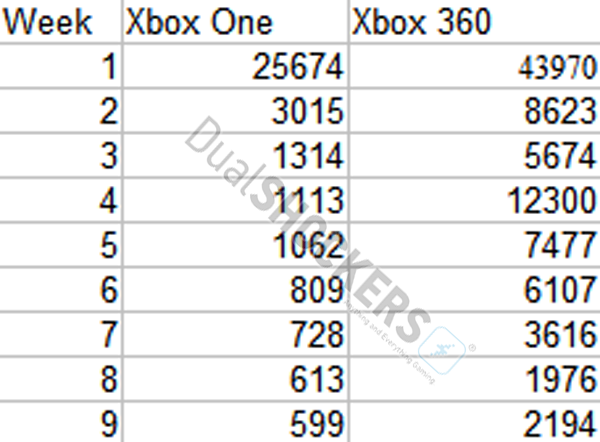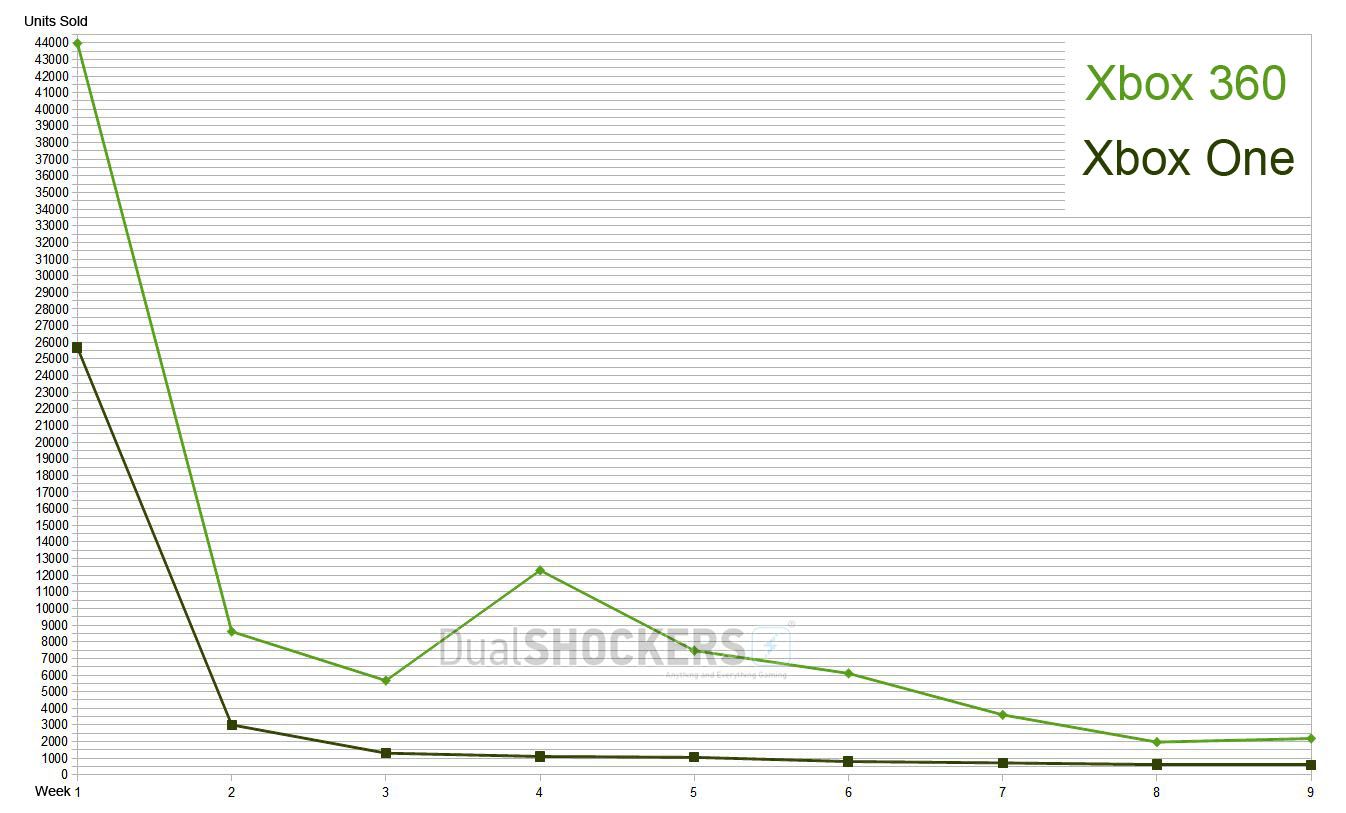It's been two months since the Xbox One launched in Japan on Spetember 4th. I will freely admit that I hoped to see Microsoft's new console break the stereotypes and place a successful foothold in the archipelago of the raising sun. I personally love telling positive stories, and an underdog finding success is always something that puts a smile on your face. There are probably few other things that fit the "underdog" definition quite as well as the Xbox brand in Japan.
Unfortunately, it was not to be. The launch event was barely populated, and the morning after the prepared spaces for the lines in front of retail stores were nearly deserted. The already cool expectations were frozen as the media create sales charts came out a few days later, sealing the deal.
The console debuted with 25,674 units sold on its first week, which can be seen as relatively decent at first sight, but it's also the worst launch of a major console in recorded history for Japan.
But that wasn't the end of the Xbox One's ordeal in the country. Sales literally collapsed in the following weeks, taking just over a month to drop under 1,000 units sold in each seven day window. The latest media create charts, which mark the second month on the shelves, paint a disastrous picture, with only 599 consoles that found a new home. In two calendar months the Xbox One sold only 34,927 units, just over a third of the sales of the Xbox 360 in the same period.
And it's the comparison with the Xbox 360 that shows just the scope of the Xbox One's debacle in Japan. Microsoft's older console can only be considered a very unsuccessful venture in the country, but the Xbox One did much worse in its first two months, with its sales quickly crumbling and then flatlining.
The graph above definitely doesn't convey much hope for the Xbox One's Japanese future, strangled by a market dominated by mobile and portable gaming, where game genres often associated with the Xbox brand didn't yet reach a significant level of popularity.
I often read comments and even articles from media outlets advocating that Microsoft should abandon the Japanese console market, spending the marketing money "wasted" there elsewhere. Some would say that, in a market where home consoles are already struggling and there seems to be barely room for the PS4 and the Wii U, a strategic withdrawal could be a sensible course of action.
Yet, I can tell you now without much fear of being proven wrong that it's not going to happen. Microsoft is in Japan to stay, and Xbox One sales have very little influence on that, as low as they can be.
As Phil Spencer mentioned a while ago, maintaining a presence in Japan isn't just a matter of selling consoles. While the console gaming industry in Japan has lost a bit of its glitz since the PS2 generation, it's still home to a very relevant niche of publishers and developers that still account for a sizable slice of games, both large and small, that represent a precious resource for Microsoft.
Japanese developers and publishers are gradually opening to the world, but they still largely operate with a very close eye on the local market. Most of their games are primarily aimed to a Japanese audience, while worldwide success is often considered a welcome byproduct.
This means that removing the Xbox presence from Japan would automatically lower the chances for many of those games to appear on Xbox One, delivering a number of juicy exclusives right in the hands of Sony and Nintendo, and that's something Microsoft simply cannot afford.
That's why abandoning the Japanese ship is not an acceptable perspective for Microsoft, and that's why the house of Xbox will continue trying to improve its position in the archipelago of the rising sun.
The outlook is frankly quite bleak, but we can definitely expect them to keep pushing, because leaving Japan wouldn't just impact the local market, but would create a ripple effect worldwide by causing more local developers and publishers to abandon the Xbox One in return, which would do nothing else than serving competitors.
Luckily there's also a positive effect in this, as subtle as it can be. Microsoft's efforts to set a foothold in Japan also mean that they will continue to invest in the Japanese development community, supporting an industry that is trying (and in some cases managing quite nicely) to raise its head after a slow generation.
Those who love diversity in gaming and recognize the value of the Japanese development culture can only welcome that, and hope that Microsoft's uphill battle for the rising sun will serve as one of the stepping stones for the local renaissance of which we're seeing some signals and that many of us hope to see in the future.




